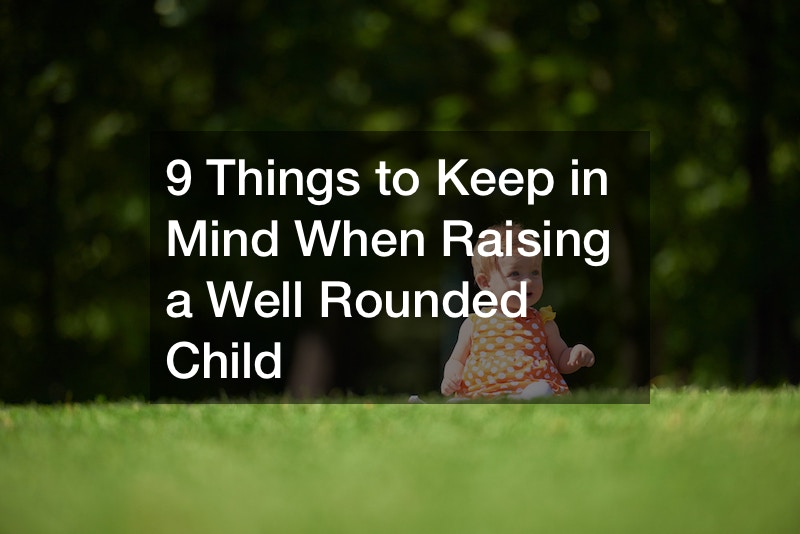Finding the right childcare center is one of the most crucial decisions parents have to make during the early years of their child’s development. Not only does it impact your child’s safety and well-being, but it also influences their social, emotional, and intellectual growth. With myriad options available, determining the best fit for your family can seem overwhelming.
Here are key factors to consider when selecting a childcare center.
1. Licensing and Accreditation
First and foremost, ensure that the childcare center complies with state regulations and has the proper licenses to operate. Accreditation from reputable organizations, such as the National Association for the Education of Young Children (NAEYC) or the National Association for Family Child Care (NAFCC), also indicates a higher standard of care and education.
2. Staff Qualifications and Turnover
The qualifications and stability of staff are critical indicators of a quality childcare center. Centers with low staff turnover tend to provide a more stable environment for children, which is essential for their sense of security. Check if the caregivers are trained in early childhood education, and inquire about their experience and background in child development.
3. Child-to-Staff Ratio and Group Size
Smaller group sizes and favorable child-to-staff ratios allow for more individualized attention and better supervision. This is vital not only for the safety of the children but also for fostering an environment where children can receive guidance and support tailored to their developmental needs.
4. Curriculum and Learning Activities
A well-structured curriculum that promotes learning through play can significantly enhance your child’s cognitive and social skills. Look for childcare centers that provide a diverse range of activities that are age-appropriate and stimulate growth in areas such as language, motor skills, and problem-solving. Interaction with books, music, art supplies, and sensory-rich toys should be evident.
5. Safety and Cleanliness
The safety of the environment is non-negotiable. Tour the facility to check for childproofing measures, cleanliness, and the overall maintenance of the premises. Outdoor play areas should be secure and well-equipped with maintained play structures. Also, ask about the center’s policies on health standards and sickness to understand how they prevent and manage illnesses.
6. Communication and Parental Involvement
Effective communication between parents and childcare providers is essential. A center that encourages parental involvement and offers regular updates about your child’s day and development can make a significant difference in your satisfaction with the childcare provided. Look for centers that offer open communication lines and frequent parent-teacher interactions.
7. Discipline and Guidance Policies
Understanding the center’s policies on discipline and how caregivers manage conflicts can help you determine if their methods align with your parenting style. Effective childcare involves guiding children in learning appropriate behaviors and managing emotions in a supportive, nurturing way.
8. Nutrition and Meals
If the childcare center provides meals, check the quality and variety of the food offered. Nutritious, balanced meals are crucial for your child’s health and energy levels. Inquire about how the center accommodates dietary restrictions or allergies.
9. Adaptability to Individual Needs
Every child is unique, and a center’s ability to adapt to the individual needs of children is vital. This includes how they support children with special needs, manage allergies, or foster talents and interests. A center that is attentive to the diverse needs of its attendees is likely to provide a more positive and inclusive environment.
10. Reputation and Recommendations
Lastly, the reputation of the childcare center in your community can provide additional insights into its quality and reliability. Seek feedback from other parents who have used the center’s services and check online reviews. Personal recommendations can often give you a clearer picture of what to expect.
When visiting potential childcare centers, it is crucial to trust your instincts. Observe how the children interact with their caregivers and each other. Do the children appear happy, engaged, and well cared for? Also, notice the general atmosphere; it should be warm, welcoming, and stimulating to foster an enriching learning environment.
Additionally, flexibility in hours and services offered can be important for parents with unpredictable schedules. Some childcare centers offer extended hours, emergency drop-in services, or part-time schedules, which can be a lifesaver for working parents who need a bit more flexibility.
Also, consider the location and accessibility of the childcare center. A convenient location that is close to your home or work can make daily commutes easier and provide peace of mind knowing that you are never too far away in case of emergencies. Ensure that there are safe and accessible routes for you to take when dropping off and picking up your child.
Choosing the right childcare center is a significant decision that impacts not just your child’s daily life but also their long-term development. By carefully evaluating each of these factors, parents can make an informed choice that best suits their child’s needs and their family’s values. Always remember, the goal is to find a nurturing, educational, and safe environment where your child can thrive and explore the world with confidence.
.



